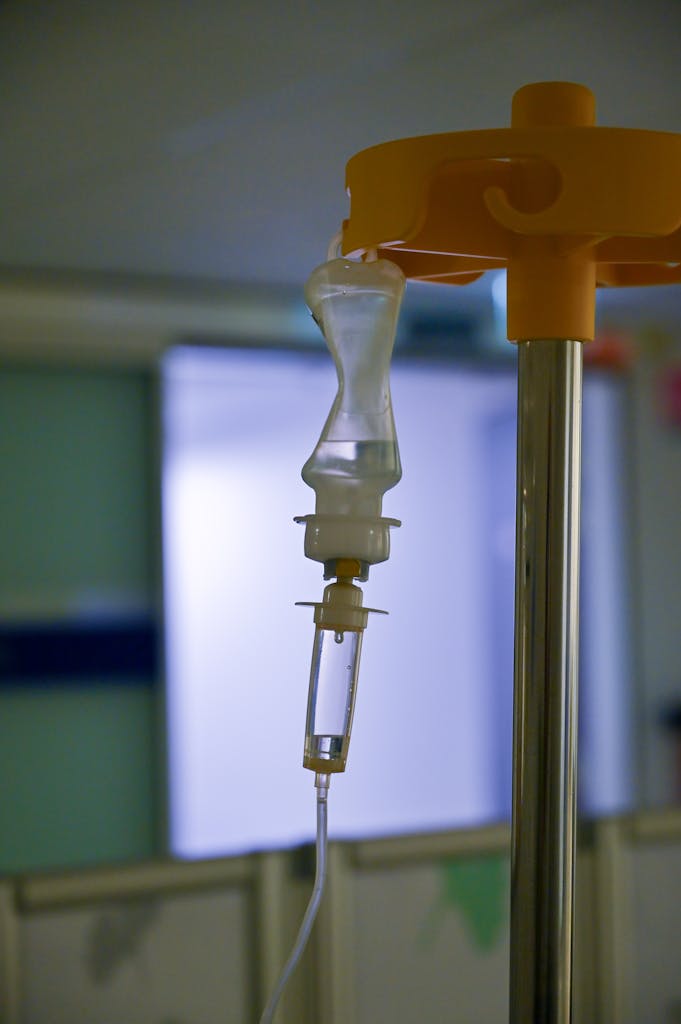Campaigning
M.E awareness for 2023
Awareness helps in several ways: it educates the public and healthcare providers, reducing stigma and promoting early diagnosis; it drives funding for research into causes and treatments, as there’s currently no cure; and it fosters empathy and support for those living with ME, who often feel isolated due to the condition’s impact on their daily lives. By shining a light on ME, we can improve quality of life for millions and push for better medical and social resources.

raising awareness for 2023
Raising awareness for Myalgic Encephalomyelitis (ME), also called Chronic Fatigue Syndrome (CFS), is vital because it’s a misunderstood and often invisible illness. ME is a severe, chronic condition that impacts multiple body systems, leading to extreme fatigue, pain, brain fog, and post-exertional malaise—where even small activities worsen symptoms.
This Years Focus

Call for people to take part in a ME research study
The ME Association is funding a study led by Prof Sarah Tyson of University of Manchester (who also has ME) to develop a clinical assessment toolkit in collaboration with people with ME and clinicians in ME services
A questionnaire to measure people’s symptoms, called The Index of ME Symptom (TIMES) is now ready for testing to check that the full range of symptoms, is easy to use, and produces accurate and useful information. They will also investigate whether shorter versions can be made for specific issues (eg people with severe ME) so they don’t need to complete the whole questionnaire.
They are looking for people who are diagnosed with ME, including those whose ME was triggered by a Covid infection, with a range of severity, duration of ME and ages to complete the TIMES by following this link
The research team are particularly keen to include people with severe and very severe ME. It will take 20-30 minutes to complete, but it can be done in ‘chunks’ to enable pacing. It is fine to have someone to help you complete it. If you would prefer a paper copy or to ‘do’ the questionnaire by phone. That is fine. Just contact Sarah on sarah.tyson@manchester.ac.uk to arrange.
25% ME Group is aware that when you click on the Participant Information you are asked for your Microsoft Login details so we have included the Participant Information here for you.

Response to the Interim Delivery Plan from 25% ME Group, a national charity which supports people with severe and very severe ME/CFS- 3rd October 2023
We would like to thank all those involved, including people with ME/CFS, unpaid carers, charity representatives, clinicians, researchers, representatives from the Department of Health and Social Care (DHSC), government departments and research funding organisations for their time and commitment to working towards publication of the Delivery Plan on ME/CFS.

We Live With A Monster: A Myalgic Encephalomyelitis (M.E.) Story
Sharon Tiday said on Twitter:
For a while now people have told me that I should get this short story/poem published so I sent it off and Edge of Humanity Magazine has now published it 🥳please share it for #MEAwareness

ME/CFS CPD | Module
A message from course author, Dr Nina Muirhead
BA (Oxon), BMBCh (Oxon), MRCS HOHNS, MEd, PGCipDerm
ME/CFS is one of the most fascinating and important diseases of our time. In writing this module I have started from scratch. I drew on the international peer reviewed literature and emerging international ME/CFS educational resources and have been fortunate to receive significant contributions from medical experts, scientists and patients

DecodeME: the largest study into the causes of ME/CFS – Add your voice!
DecodeME launched in September 2022, and over 18,000 DNA participants have already taken part, but the study still needs many more people to get involved. Sign up and complete the questionnaire about your symptoms and experience, to share vital information and help us understand more about the disease.
Taking part in DecodeME has two stages, both can be done at home. Some participants may only need to complete the first stage. Others may also be asked to provide a saliva sample, so their DNA can be studied. If so, you will be sent a kit so you can provide your sample and post it back for free.
The DecodeME questionnaire is shining a light on the ME/CFS community by collecting a wealth of information. This covers many important aspects such as common symptoms, length of illness, severity, simultaneous health conditions, and age. It takes about 15 minutes to complete the questionnaire and when you need a break, you can save and return to your answers later. Alternatively, if you prefer, you can request a paper copy instead by contacting the team.
The study has been designed in collaboration with scientists, people with ME/CFS and carers.
The strong involvement from the patient community has been vital to making the process as accessible for and representative of the community as possible.
By also studying DNA, DecodeME is providing hope of finding biological causes of ME/CFS. This aims to direct future research and treatment development.
The study has also recently updated its methods so that it is inviting more people to provide a DNA sample. You can read more about this on the blog

FUNDRAISING
We have been made aware of two fantastic fundraising events taking place for ME Awareness. You can join in if you wish and raise money for the 25% ME Group at the same time. If you would like to donate to the 25% Group for these events, simply use our Donate button at www.25megroup.org and mention “Blue Sunday” in the Donations Comments section. Please see events details below.

Avoiding Preventable Malnutrition in severe ME’
In October I did a presentation entitled ‘Avoiding Preventable Malnutrition in severe ME’ at the Malnutrition Task Force Sharing Practice Day. The Malnutrition Task Force focuses predominantly on elderly people and I was asked to reflect that in my presentation. I drew on the comparison between the nutrition and care needs of elderly people and those with severe ME and went on to talk about weighing someone who is bedbound and also tube feeding. My talk is now available on the Malnutrition Task Force website and on YouTube
It gave me the opportunity to educate professionals who may not have come into contact with anyone with severe ME and hopefully they will be more aware if they do treat someone with severe ME.
There were other talks about hydration, starting conversations about malnutrition etc from a variety of professionals including researchers and clinicians from a range of specialisms. All the talks can be found at
On a separate note I was invited to the All Parliamentary Party Group on ME AGM to talk about severe ME and I have recorded a video for it.
And remember if you haven’t taken part in DecodeME yet there is still time to sign up.

Hospital update Alice Barrett’s tube feeding plan
Alice Barrett who is an inpatient at Royal Devon and Exeter Hospital was unable to lie at 30 degrees to be tube fed in line with hospital policy. The hospital have now amended Alice’s tube feeding plan to factor this in.

The Times 27.02.23
ME patients ‘risk dying of starvation’ under NHS care

An interview with the sister of Alice Barrett who needed urgent tube feeding
The sister of Alice Barrett has been interview by BBC South West about Alice’s need to be urgently tube fed lying flat. Our medical advisor, Dr Weir is also on the interview. You can watch the interview here
